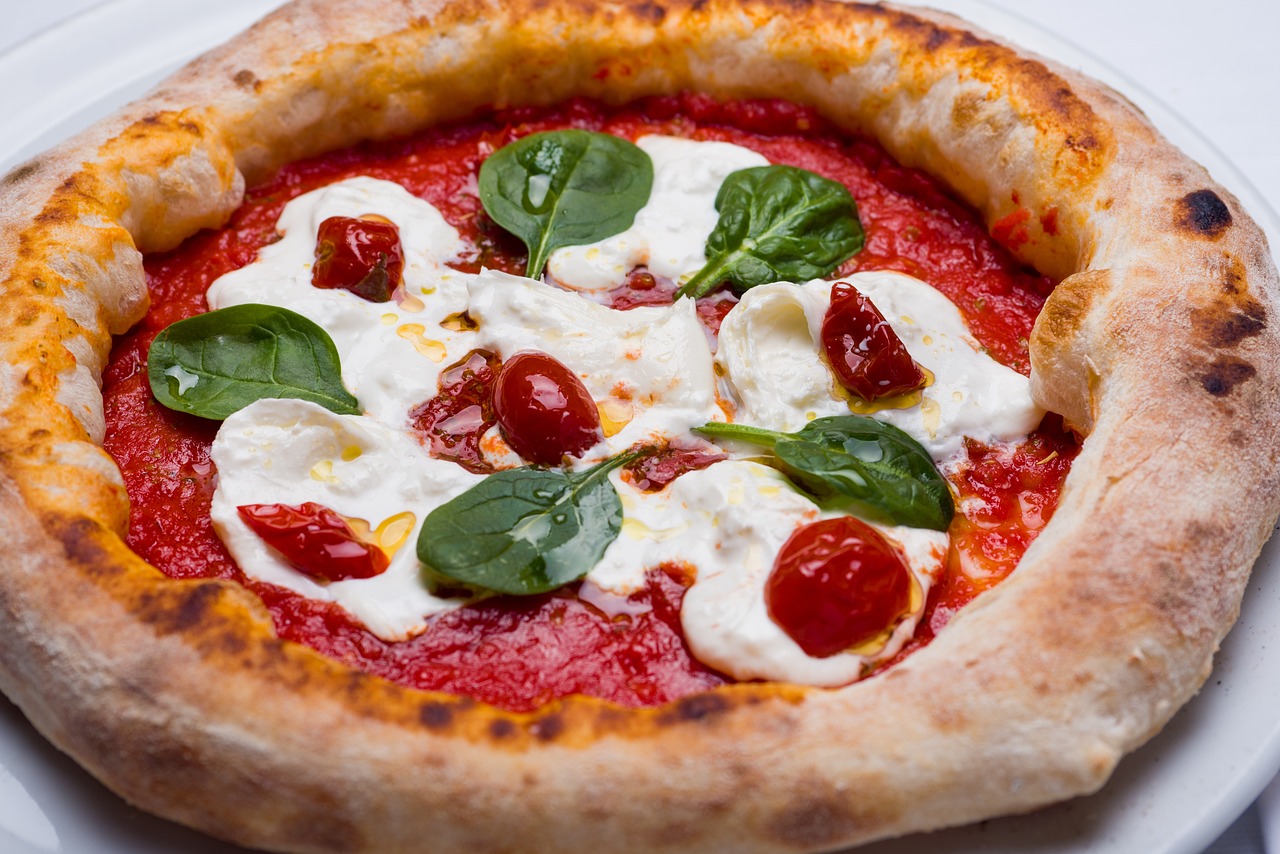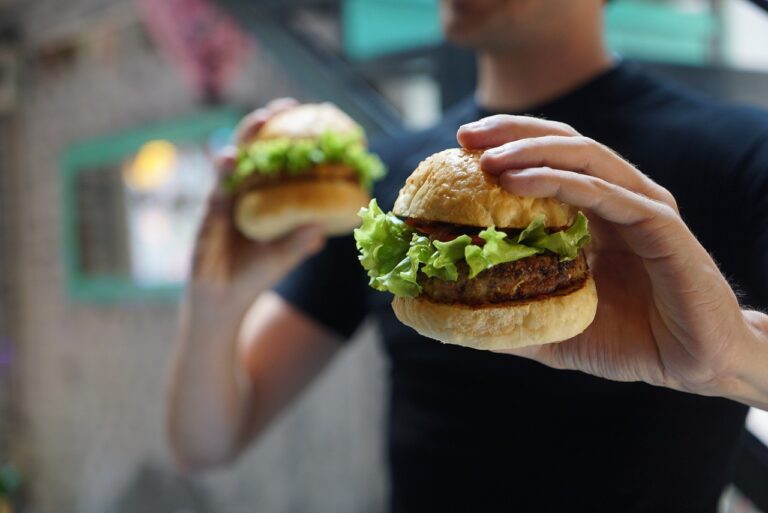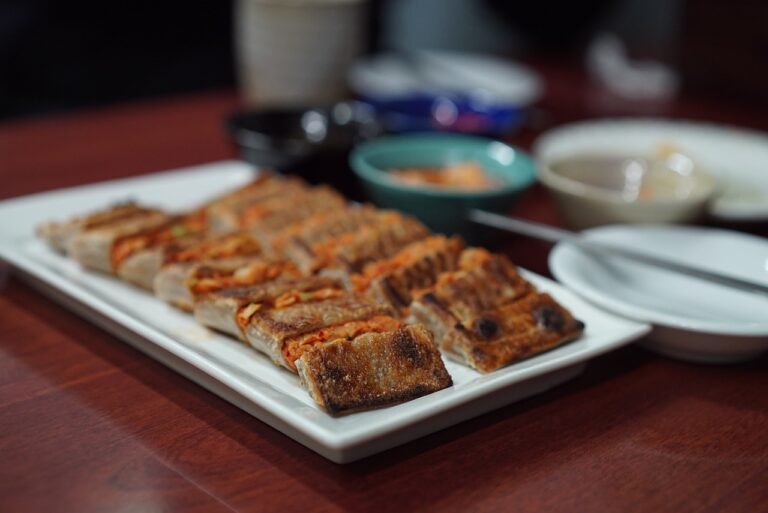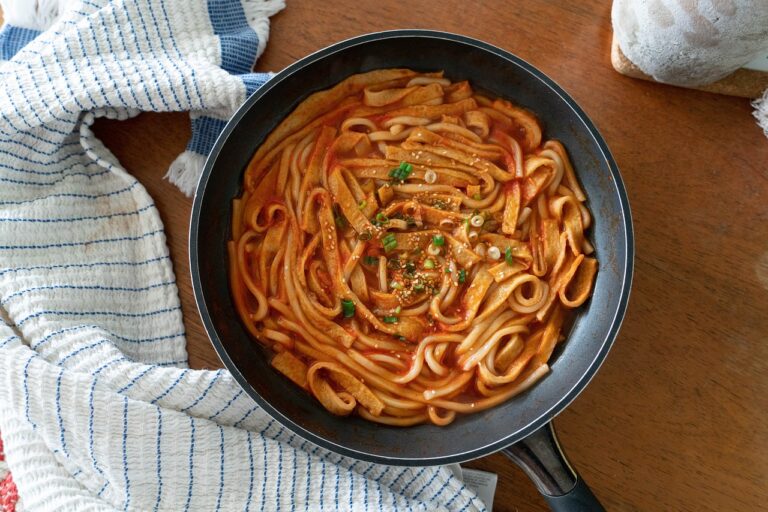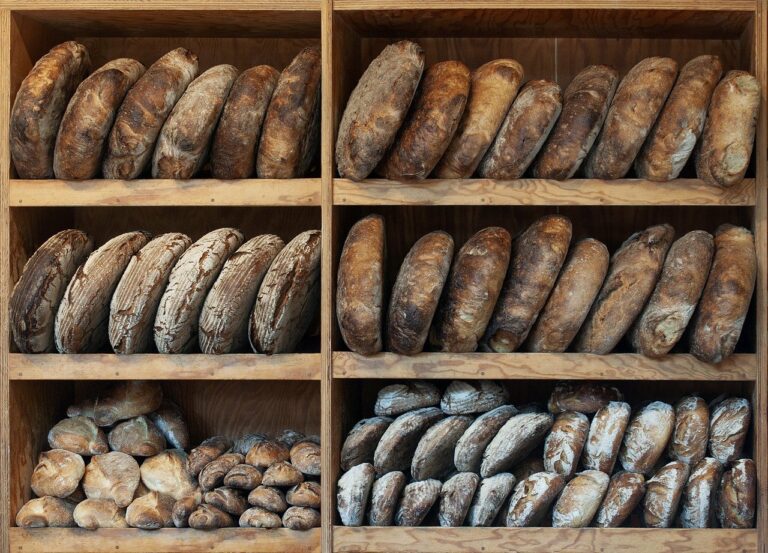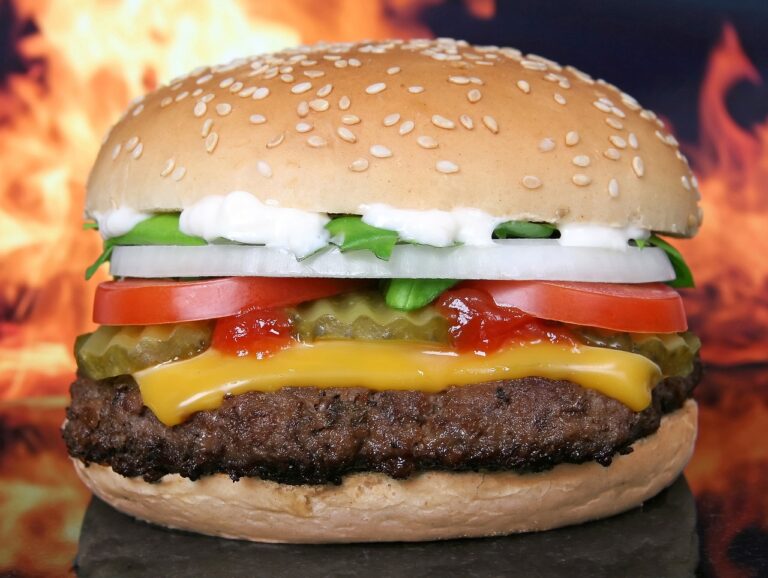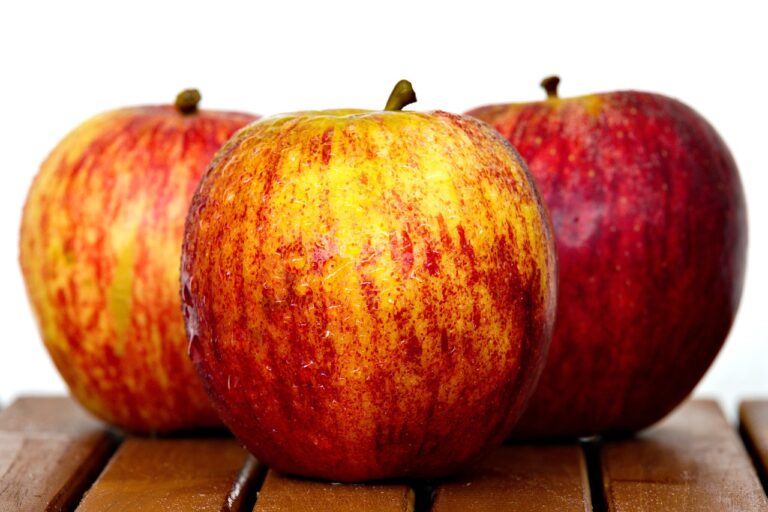The Art of Coffee Bean Selection: Factors Influencing Flavor
bet book 247 sign up, radhe exchange app download, bethub777:The aroma of freshly brewed coffee is enough to wake up the senses and invigorate the soul. For coffee enthusiasts, the art of selecting the perfect coffee beans is a crucial step in achieving that perfect cup of joe. With so many factors influencing the flavor profile of coffee beans, it can be overwhelming to know where to start. In this article, we will explore the various factors that impact the flavor of coffee beans and how you can choose the best beans for your preferred taste.
Roast Level: The first step in selecting coffee beans is determining the roast level that suits your palate. Roast levels can range from light to dark, with each level impacting the flavor of the beans. Light roasts typically have a bright and acidic flavor profile, while dark roasts are bold and rich in taste. Knowing your preference for roast level will help narrow down your options when selecting coffee beans.
Origin: The region where coffee beans are grown plays a significant role in determining their flavor profile. Each coffee-growing region has unique soil composition, climate, and altitude, all of which contribute to the flavor characteristics of the beans. For example, beans from Ethiopia are known for their fruity and floral notes, while beans from Brazil are often nutty and chocolatey. Experimenting with beans from different origins can help you discover your favorite flavor profiles.
Varietal: Coffee beans come from different varietals or species of coffee plants, each with its own unique flavor profile. Some common varietals include Arabica and Robusta, with Arabica beans being known for their complexity and Robusta beans for their strong and bitter taste. Exploring different varietals can introduce you to a wide range of flavors and aromas in your coffee.
Processing Method: The method used to process coffee beans after harvesting can also impact their flavor. Common processing methods include washed, natural, and honey-processed, each resulting in different flavor profiles. Washed beans are often clean and bright, while natural beans are fruity and full-bodied. Understanding the processing method can help you choose beans that align with your flavor preferences.
Freshness: The freshness of coffee beans can greatly affect their flavor. As coffee beans age, they lose their aroma and develop a stale taste. To ensure the best flavor in your coffee, it is recommended to purchase beans that have been freshly roasted and consumed within a few weeks of roasting. Storing beans in an airtight container away from light, heat, and moisture can help preserve their freshness.
Grind Size: The size of the coffee grind can also influence the flavor of your brew. Different brewing methods require specific grind sizes to extract the optimal flavors from the beans. For example, a fine grind is ideal for espresso, while a coarse grind is better suited for French press. Experimenting with different grind sizes can help you find the perfect balance of flavors in your coffee.
In conclusion, the art of selecting coffee beans is a blend of science and personal preference. By considering factors such as roast level, origin, varietal, processing method, freshness, and grind size, you can tailor your coffee experience to suit your taste buds. Remember to explore and experiment with different beans to discover new flavor profiles and enhance your coffee journey.
FAQs:
Q: How should I store my coffee beans to maintain their freshness?
A: To preserve the freshness of your coffee beans, store them in an airtight container away from light, heat, and moisture. Avoid storing them in the refrigerator or freezer as they can absorb unwanted odors and moisture.
Q: What is the best grind size for pour-over coffee?
A: For pour-over coffee, a medium grind size is recommended to achieve a balanced extraction and optimal flavor profile. Experiment with different grind sizes to find the one that works best for your brewing method.
Q: Does the water temperature affect the flavor of my coffee?
A: Yes, the water temperature plays a crucial role in extracting flavors from the coffee beans. For optimal extraction, water temperature should be between 195-205F (90-96C) depending on the brewing method used.
Q: How can I tell if my coffee beans are stale?
A: Stale coffee beans will lose their aroma and develop a flat or unpleasant taste. To ensure the best flavor in your coffee, purchase beans that have been freshly roasted and consumed within a few weeks of roasting.

